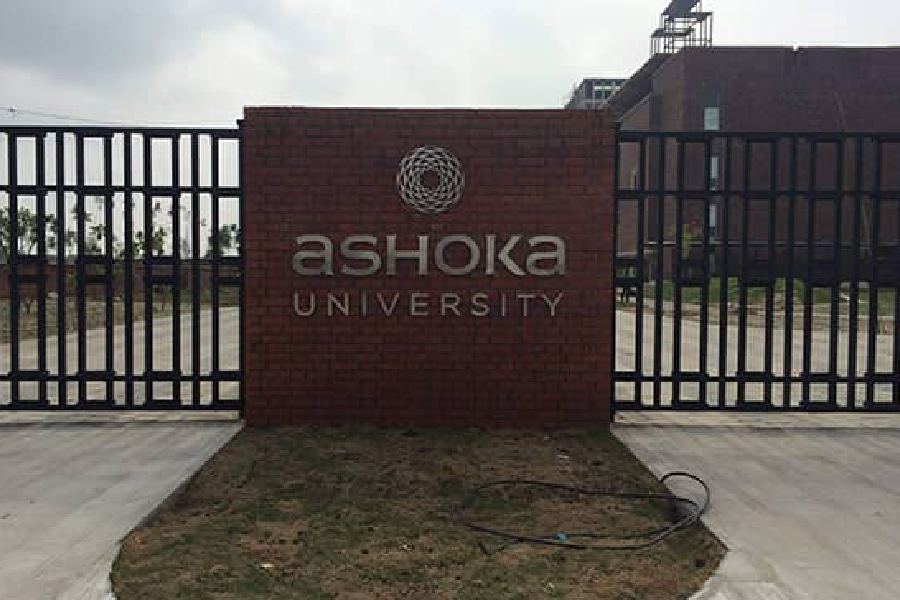The dismissal of Karan Sangwan, a tutor affiliated with Unacademy’s digital learning platform, ignited discussions on the scope of academic independence in Indian educational institutions. His termination followed his advice to students, urging them to support educated leaders through their votes while critiquing legislative proposals related to India’s criminal justice system.
Two professors at Ashoka University also resigned recently, citing threats to academic freedom. Shortly after Sabyasachi Das, an assistant professor, resigned due to the controversy over his research paper titled “Democratic Backsliding in the World’s Largest Democracy”, Pulapre Balakrishnan, another economics professor, quit in solidarity. The departments of political science, sociology, and anthropology issued statements condemning the university’s intervention in assessing Das’s research and demanded his reinstatement. These departments also emphasised the violations of academic freedom and called for an apology from the governing body.
There have been persistent concerns among scholars that academic independence is increasingly at risk due to the imposition of tighter constraints and the use of intimidation and harassment by educational institutions. The 2023 update of the Academic Freedom Index by the V-Dem Institute pointed out that India is part of a group of 22 nations and regions out of 179 worldwide where academic institutions and researchers have experienced notably reduced freedom from that of a decade ago. The report is based on comprehensive research assessing the decline in academic liberties in India from 2013.
The National Education Policy of 2020 emphasises principles such as creativity, critical thinking, adherence to constitutional values, appreciation for diversity and local contexts, a positive environment for students and educators, and substantial investment in a robust public education system. These principles notwithstanding, academic freedom, a vital catalyst for knowledge advancement, has faced significant challenges within Indian educational institutions. This is worrying because academic freedom forms the bedrock of a flourishing education system, fostering intellectual growth, critical thinking, and the advancement of knowledge. Academic freedom empowers scholars, researchers, and educators to explore novel ideas, question conventional beliefs, and push the boundaries of knowledge. It is through such explorations that groundbreaking discoveries emerge and innovative solutions to complex problems are developed.
In a 2015 interview, Amartya Sen had warned that “Governments must understand that winning a Lok Sabha election does not give you permission to undermine the autonomy of academic institutions...” A robust democracy thrives on informed citizens capable of critical thinking. Academic freedom plays a pivotal role in nurturing this ability by allowing educators to present different perspectives and encouraging students to challenge assumptions. Moreover, academic freedom facilitates cross-disciplinary collaboration, enabling experts from diverse fields to collaborate in solving multifaceted challenges.
Nations that uphold academic freedom tend to attract international scholars and researchers seeking environments conducive to their intellectual growth. By encouraging openness and innovation, India can attract global talent to its universities and research institutions.
But incidents like the dismissal of Sangwan and the resignations of professors at Ashoka University reveal the stress on academic freedom in India. The freedom for scholars to express their viewpoints and offer constructive critiques without fear of reprisal seems to be in jeopardy.
Ummar Jamal is national general-secretary of J&K Students Association










